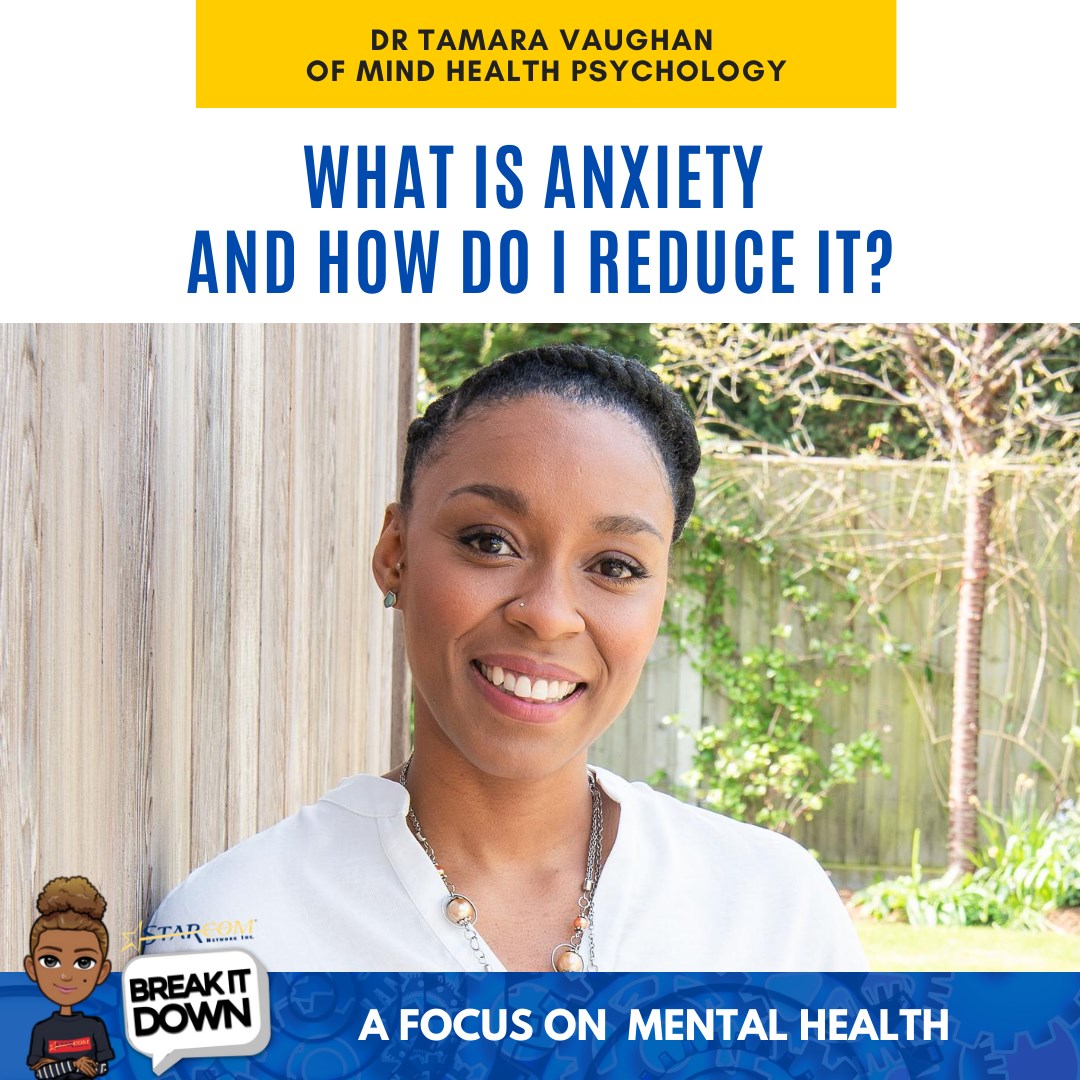Today on Break it Down we explore Tips For Emotional Coping In The Wake Of Recent Deaths In The US, Protests And BLM Movement with Chartered Counselling Psychologist Dr Tamara Vaughan of Mind Health Psychology⠀
Presumably, most people are aware of the events in the last few months in the US that have sparked a recent wave of protests not just in the US but globally; and widespread discussions on the ways in which systemic racism exists within various societies. Barbados has seen its own protests recently, and resulting discussions around the removal of monuments, notably for example, that of Admiral Lord Nelson in Bridgetown.
Racism is not new, these deaths, sadly, are not new and neither are their resulting protests. Yet, many friends, family members and clients (of all ethnic backgrounds) have shared examples of feeling overwhelmed by the stories, pictures and videos in the media; feeling enraged, feeling exhausted and so on. These discussions about and protests against systems of oppression and systemic racism are important; and at the same time, it’s important to consider how best to take care of yourself throughout this period of heightened distress and public discourse.
Here are a few tips that may be useful.
1. Be mindful of your (social) media exposure.
It’s important always to find a balance between remaining informed and creating a boundary; so try to limit the time you spend exposing yourself/being exposed to the events around you. Perhaps set yourself a time limit on how long you’ll spend watching the news or scrolling through Instagram and/or make tactful decisions about what forums you go to for information.
2. Acknowledge your feelings and allow them to be there.
This is an important one because when we feel overwhelmed, all we want to do is shut down. Shutting down is sometimes a useful strategy but it can also cause us to feel disconnected and ill equipped to cope with the feelings that we have been ignoring, especially if it’s a strategy that is applied over a long period of time. Instead of completely shutting down, try to acknowledge exactly what and how you are feeling, be specific in naming your emotion, for example, saying ‘I feel angry and sad’, rather than saying, ‘I feel emotional’. Then, make a decision about what is the best way to support or soothe that particular emotion. Some suggestions are:
Feeling angry? Do some physical exercise to release and relieve the physical sensations created by anger. Becoming involved in protests or local discussions and projects can help you to feel that you are channelling your anger into something productive.
Feeling anxiety or scared? Spend some time with people whose company you enjoy, who you feel safe with and who you can trust.
3. Set boundaries for when discussions arise.
Have a clear sense for yourself of the discussions you are willing to have and with whom. This may be dictated by your emotional capacity on any given day or may depend on the environment you’re in at the time and how safe you feel to have these conversations in that environment. If you find yourself in a discussion that feels unsafe, uncomfortable, infuriating or simply beyond your emotional capacity, excuse yourself, you are under no obligation to justify your feelings or educate others who may disagree and show an unwillingness to listen/understand.
Remember too to practice deep breathing, grounding and/or relaxation exercises; to engage in an act of emotional self-soothing/nurturing and to look after yourself as a priority.
Disclaimer: The information provided is advisory but should not replace any further specialist mental health or medical input, should you need this.
















